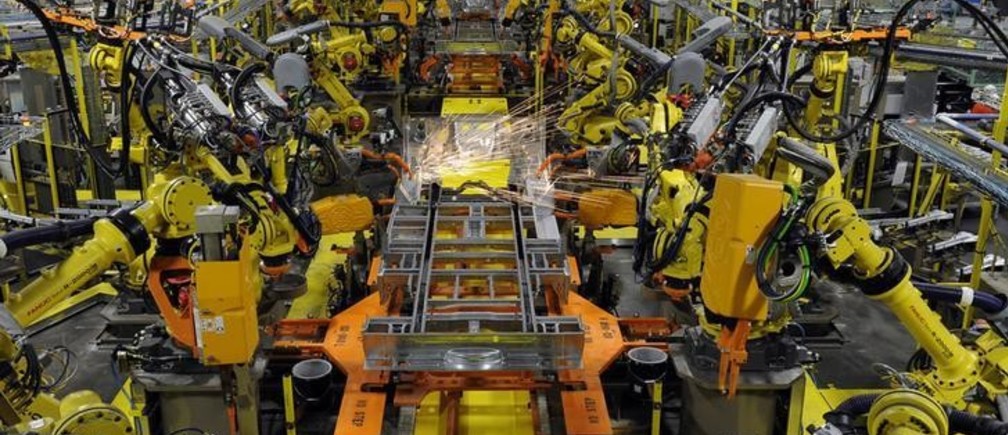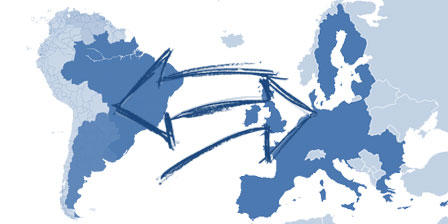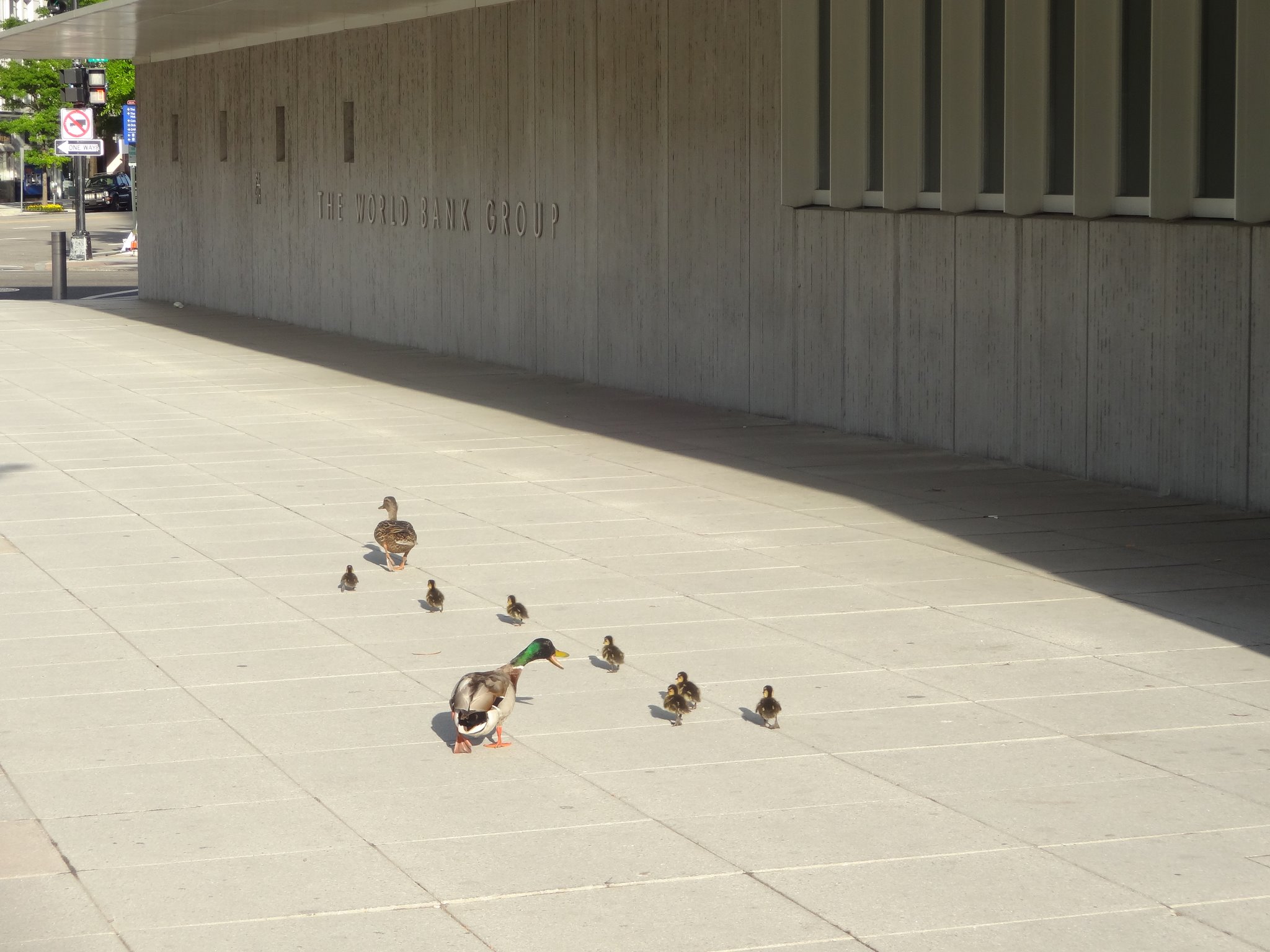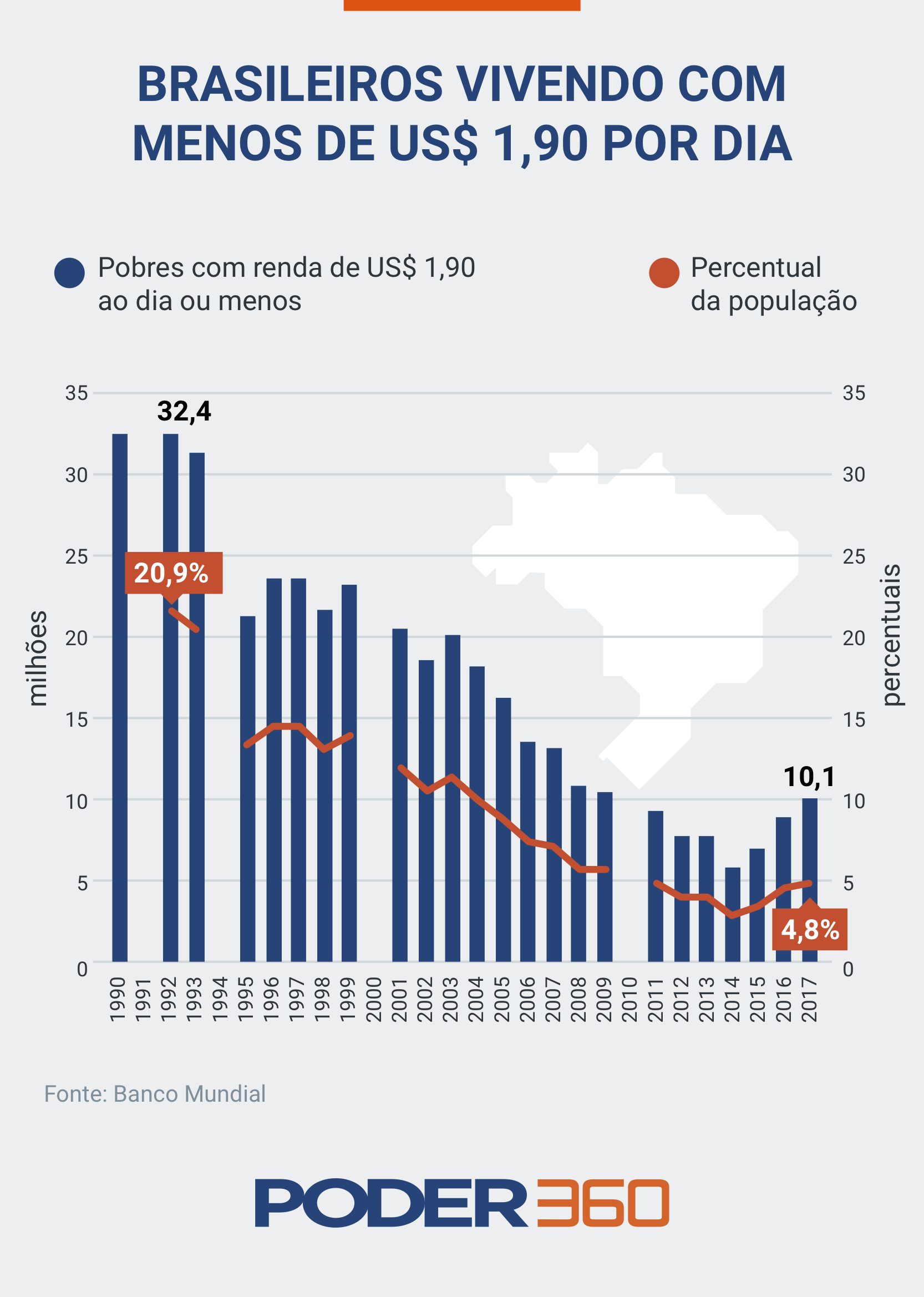Multilateral Development Banks (MDBs) have two financing windows, with different terms, dedicated to low- and middle-income countries. Countries are presumed to cross those windows as their income per capita rises, with middle-income countries (MICs) eventually “graduating” to a non-client status once they reach some criteria. However, due to what may be called “middle-income traps”, such progression toward graduation has been limited to a small number of countries.
In this paper, we suggest areas where the support by MDBs would yield highest results toward “graduation” of MICs. Item 1 reviews the criteria that have been used to justify graduation, whereas item 2 approaches two ways by which the possibility of “middle-income traps” impeding such graduation has been discussed in the literature. Finally, item 3 proposes an interface between MDBs’ support to MICs and the policy agenda to overcome middle-income traps.














